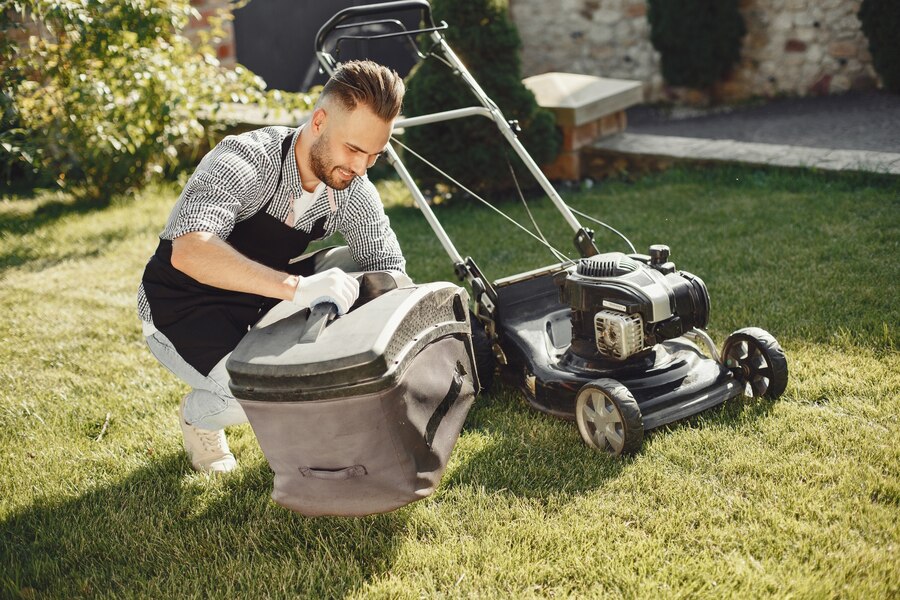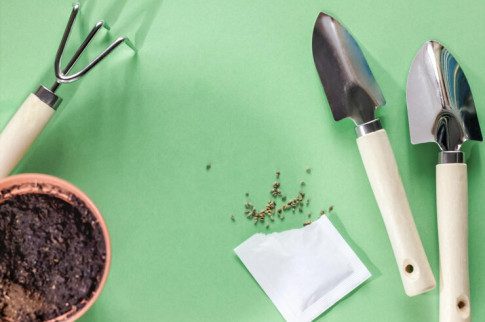DIY Vs. Professional Lawn Fertilization: Which Is Right For You?

Table Of Contents
Fertilizing your lawn is a part of the regular lawn care responsibilities that every homeowner faces. It plays a major role in cultivating thick, vibrant grass over the growing seasons. That being the case, one of the first decisions that needs making is how to complete those fertilizer applications – either taking care of it yourself with a do-it-yourself (DIY) approach or hiring professionals to handle the tasks.
This article will explore the benefits and drawbacks of both DIY and professional fertilization so you can determine the best approach for your situation. We’ll dig into lawn fertilizer application methods, maintenance requirements, and tips for success with either route. By the end, you’ll have a better idea of whether taking on fertilization tasks yourself or farming them out to an expert is right for you and your lawn.
Lawn Fertilizer Application Methods
Whether applying fertilizer yourself or hiring a pro, the most common application methods include broadcasting granules by hand or machine, drop-spreading granules with a spreader, and spraying liquids with a hose-end or pressure sprayer.
Professional services typically use large broadcast spreaders or sprayers to quickly cover large lawn areas. DIY enthusiasts often opt for smaller handheld or push spreaders and sprayers better suited for average-sized residential lawns.
Maintenance Requirements: DIY Vs Hiring A Pro
A significant factor in the DIY vs pro debate is the associated maintenance requirements after each lawn fertilizer application. Fertilizing yourself means keeping up with tasks like watering, weeding, mowing, and re-applications throughout the growing season. Hiring a pro transfers these responsibilities but usually at a higher upfront cost.
For busy homeowners, the hands-off approach of professional fertilization may prove worthwhile. Lawn care services typically offer package deals covering multiple applications on set schedules tailored to your lawn’s needs. This ensures proper fertilizer coverage and eliminates guesswork around timing and amounts. However, it requires a long-term financial commitment.
DIY fans, on the other hand, gain more control over their fertilizer budget and schedules. Completing applications yourself provides flexibility around timing tasks between other yard duties or weekends. Just be prepared to carve out regular time for post-application maintenance. Neglecting this follow-through care negates any benefits from fertilizing and wastes money on unused products.
Tips For DIY Lawn Fertilization Success
Taking the DIY route means doing proper research to select the right lawn fertilizer for your specific situation. Consider your grass type, soil conditions, and any issues like weeds or pests before choosing a balanced, granular or liquid product. Determine appropriate application rates and schedules from package instructions or online resources. Precision application helps prevent grass damage and ensures your efforts don’t go to waste.
In addition, follow these tips for successful DIY fertilization:
- Mow your grass short before applying and water lightly after to help granules dissolve.
- Sweep or blow any fertilizer granules off paved areas to prevent pollution risks.
- Store open bags and any leftover product carefully according to label directions.
- Mow, water, and weed as usual after each application to maximize nutrient absorption.
- Have your soil tested annually to understand deficiencies and adjust future fertilizer plans accordingly. Proper testing factors like soil pH can maximize fertilizer availability to the lawn.
When To Hire A Pro For Lawn Fertilization
While DIY maintenance provides budget control and flexibility, professional services may prove worth the cost for certain homeowners. Larger lawn areas requiring heavy equipment could make DIY fertilizing an unreasonable task. Busy schedules leave little time for self-applications and aftercare. Lack of knowledge or certainty performing tasks properly also warrants outsourcing to experts.
Other situations calling for professional help include addressing specific lawn issues. Services offer diagnostics and custom plans for problems like weeds, insects, or patches requiring extra nutrient balancing.
Hiring help ensures the right products, rates, and application methods target these issues. For demanding lawns or serious deficits, the hands-on approach of professionals often leads to faster, more visible results as well.
In Summary
Both DIY and professional lawn fertilization can deliver a thriving, green yard. However proper research, precautions, and evaluation of individual factors like schedule, budget, and lawn condition determine the best fit. DIY provides control and savings while professionals handle tasks and long-term plans. Consider your unique needs to select the most convenient and effective fertilization approach for your situation. With either route, regular maintenance pays off in a beautiful, healthy lawn.
Read Also:

























